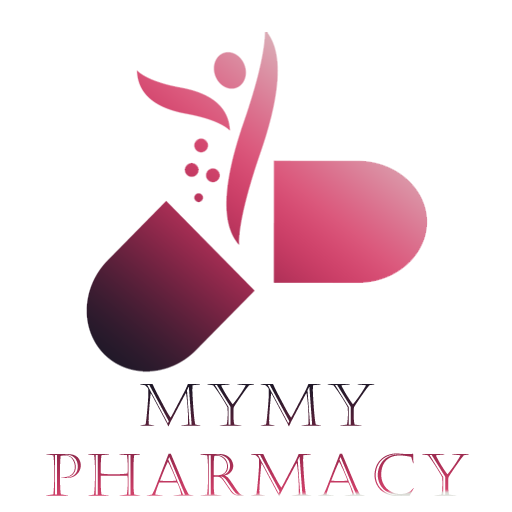Prescription drugs play a critical role in modern healthcare, helping to manage various medical conditions and improve patients’ quality of life. However, with this privilege comes a great responsibility. It’s essential to recognize the importance of being careful with prescription drugs to ensure their safe and effective use. In this article, we will discuss why it’s crucial to exercise caution when dealing with prescription medications. Enhance your home with the expertise of a Remodeler Suffolk County, creating spaces that meet your needs and style preferences.
Proper Dosage
One of the most critical aspects of using prescription drugs safely is adhering to the prescribed dosage. Deviating from the recommended dose can have adverse effects, including diminished therapeutic benefits or, in some cases, harmful side effects. Always follow your healthcare provider’s instructions and seek clarification if you have any doubts.
Avoid Self-Diagnosis
Self-diagnosis and self-medication can be risky. Many medical conditions share similar symptoms, making it challenging to determine the underlying problem accurately. Consulting with a healthcare professional is essential for an accurate diagnosis and the appropriate prescription. Self-medication can lead to complications and delay necessary treatment.
Drug Interactions
Prescription drugs can interact with each other or with over-the-counter medications, herbal supplements, and even certain foods. These interactions can affect the drugs’ effectiveness and may lead to unexpected side effects or adverse reactions. It’s crucial to inform your healthcare provider about all the medications and supplements you are taking to avoid potential complications.
Allergic Reactions
Allergic reactions to prescription drugs can range from mild rashes to life-threatening anaphylaxis. To minimize this risk, provide your healthcare provider with a detailed medical history, including any known allergies or adverse reactions to medications. If you experience any unusual symptoms after taking a new prescription, seek immediate medical attention.
Storage and Disposal
Proper storage and disposal of prescription drugs are vital to prevent unauthorized access and misuse. Keep medications in a secure, cool, and dry place, out of reach of children and pets. When medications expire or are no longer needed, dispose of them safely according to local guidelines, such as drug take-back programs or designated drop-off locations.
Follow-Up Care
Regular follow-up appointments with your healthcare provider are essential when taking prescription medications. These appointments allow your provider to monitor your progress, adjust treatment plans if necessary, and address any concerns or side effects. Skipping follow-up appointments can jeopardize the effectiveness of your treatment.
Risk of Dependence
Certain prescription medications, such as opioids and benzodiazepines, have a potential for dependence and addiction. It’s crucial to use these drugs strictly as prescribed and only for the intended duration. If you find yourself developing a dependence, seek help promptly from a healthcare professional.
Conclusion
Prescription drugs are powerful tools in healthcare, but their safe and effective use relies on responsible behavior and informed decision-making. Being careful with prescription drugs means following healthcare provider instructions, avoiding self-diagnosis, understanding potential interactions, and being vigilant about allergies and side effects. By taking these precautions, you can harness the benefits of prescription medications while minimizing risks to your health. Always consult with a healthcare provider for personalized guidance on prescription drug use.
